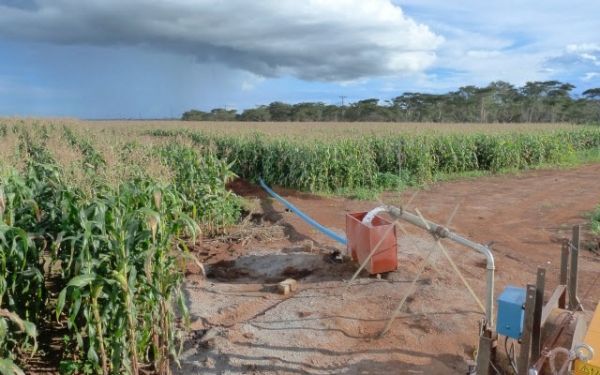A consortium of 32 scientists from across Africa and beyond carried out the research, published in Nature, which shows how groundwater replenishment depends upon heavy rainfalls and flood events, amplified by climate change.
The findings are significant given the fact that 1 in 3 people currently lack access to safe water in Sub-Saharan Africa and a dramatic expansion of irrigation is required to feed growing populations.
Groundwater plays a central role in sustaining water supplies and livelihoods in sub-Saharan Africa due to its widespread availability, generally high quality, and intrinsic ability to buffer episodes of drought and increasing climate variability.
Professor Richard Taylor (UCL Geography), co-lead on the study, said: “Groundwater offers a potential pathway to sustain increases in freshwater use required to achieve UN Sustainable Development Goals 2 (zero hunger) and 6 (safe water for all).”
“Our study reveals, for the first time, how climate plays a dominant role in controlling the process by which groundwater is restocked. This improved understanding is critical for producing reliable climate change impact projections and adaptation strategies.”
Continue reading at University College of London
Image via University College of London


